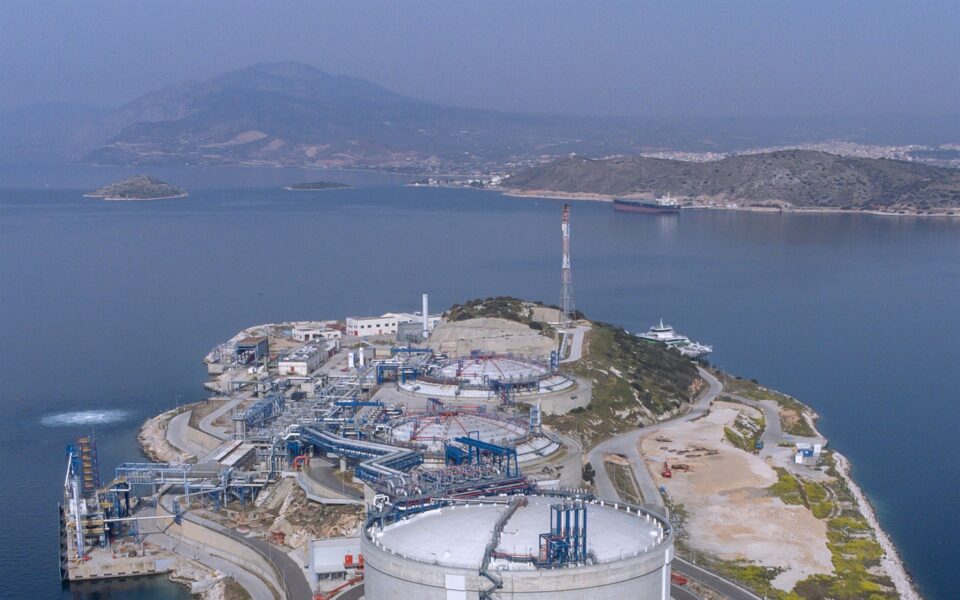Natural gas getting cheaper as volatile prices overturn previous forecasts

The only real hope households can have for their heating is for a relatively mild winter. The volatile landscape in the international energy markets overturns every previous forecast for the course of prices from day to day, changing the data for households who must decide how to heat their homes at the lowest cost, but also for governments that plan support policies built on sand.
Just 10 days ago, based on the high prices of natural gas, the government invited consumers to change their burners in order to switch from expensive natural gas to cheap oil, even offering a double heating allowance as an incentive.
At the same time, and in order to limit the burden on households that cannot simply change the burner, it announced a subsidy of 90 euros/megawatt-hour on the price of natural gas for October. The plan took into account a wholesale natural gas price of €260/megawatt-hour for October as indicated by futures contracts at the end of September and a crude price near $85 a barrel on a downward trend. Based on these forecasts and with the horizontal subsidy of €25 per liter (€20 plus 24% VAT), heating oil was expected to premiere on October 14 at around €1.30-1.40/lt.
Today, the picture has been completely reversed and heating oil, based on the data so far, is expected to hit the market on October 14 at a price of €1.52/lt (after the subsidy) from the initial price of €1.77/lt.
In contrast, the price of natural gas, which was expected at €170/MWh (after the subsidy of €90) from the initial €260/MWh, will be limited to €180/MWh and after the horizontal subsidy to €90/MWh, under the condition, of course, that the amount of the subsidy will not change.
Competent government officials, however, state to Kathimerini that the natural gas subsidy will follow the fluctuation of the price. In comparable sizes, heating oil will debut at a price of €142 per thermal megawatt-hour and natural gas at €90 per thermal megawatt-hour, taking back the title of the cheapest fuel for heating that it held in the years before the energy crisis.





